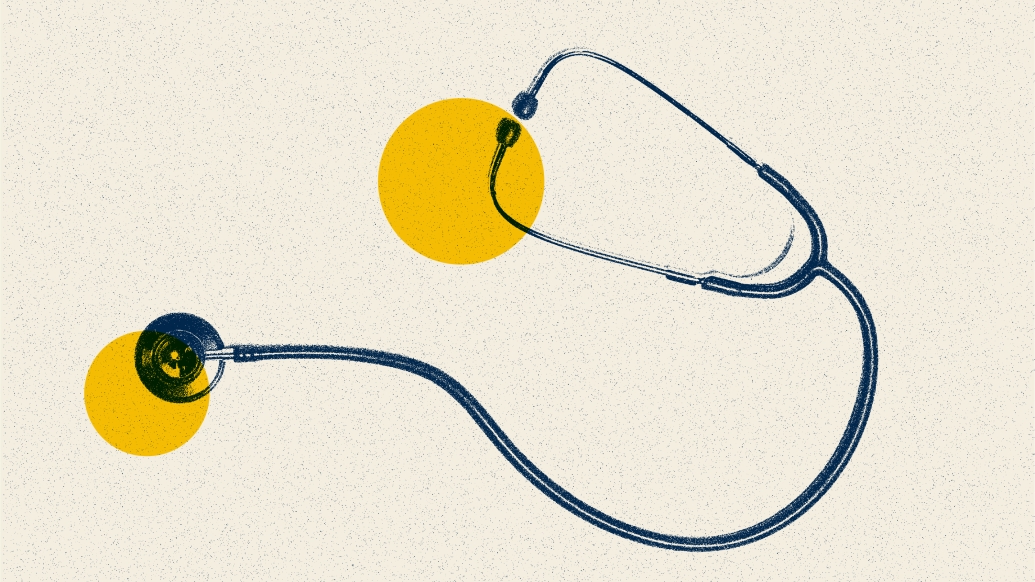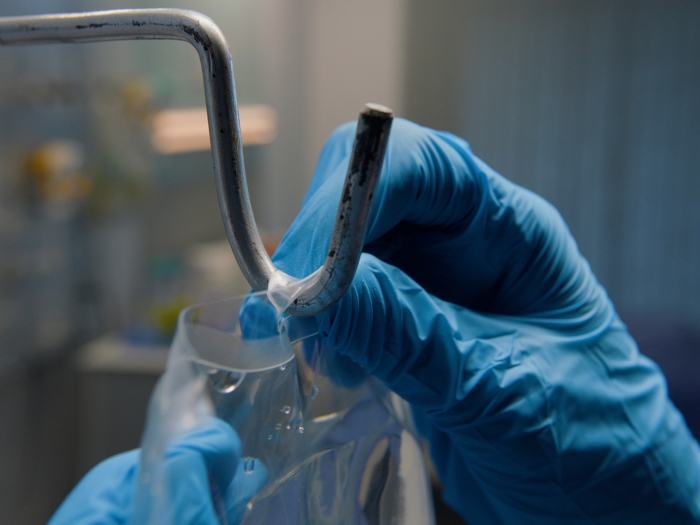A study finds excess iron is just as problematic as anemia
12:38 PM
Author |

Iron is familiar to most people as an essential nutrient, but scientists are still uncovering just how essential the mineral is for health.
A study reveals that iron helps our immune systems operate by keeping certain parts of it quiet unless called into action.
Normally, immune cells called T cells patrol the bloodstream and upon identifying potential threats such as viruses, they signal other immune cells to respond.
Before activation, they are considered naïve and exist in a quiet, waiting state called quiescence.
The study, led by Cheong-Hee Chang, Ph.D., professor of microbiology and immunology at U-M Medical School and research investigator Ajay Kumar, Ph.D., builds on previous work that found that depriving T cells of iron (in the case of anemia, for instance) prevented the cells from proliferating—making more of themselves to fight against infection.
The current study, published in PNAS, found that excess iron is just as problematic.
“Excess iron comes from the body’s inability to process iron from the diet and is linked to inflammatory conditions, as well as cancer and aging,” said Chang.
To examine iron’s effects, the team used mice bred to lack the gene FLVCR1 in their T cells, resulting in an iron overload.
The study reveals for the first time that in the presence of too much iron, naïve T cells become defective.
Their mitochondria become hyperactive, resulting in spontaneous proliferation of the T cells.
“Excessive iron also leads to the premature death of T cells, called ferroptosis. In any disease condition, we don’t want to have T cells die before they are able to carry out their function,” said Kumar.
The study’s findings, say the researchers, could potentially inform therapies for iron overload.
Additional authors include Chenxian Ye, Afia Nkansah, Thomas Decoville, Garrett M. Fogo, Peter Sajjakulnukit, Mack B. Reynolds, Li Zhang, Osbourne Quaye, Young-Ah Seo, Thomas H. Sanderson, and Costas A. Lyssiotis.
Citation: “Iron regulates the quiescence of naive CD4 T cells by controlling mitochondria and cellular metabolism,” PNAS. DOI: 10.1073/pnas.2318420121
Sign up for Health Lab newsletters today. Get medical tips from top experts and learn about new scientific discoveries every week by subscribing to Health Lab’s two newsletters, Health & Wellness and Research & Innovation.
Sign up for the Health Lab Podcast: Add us on Spotify, Apple Podcasts or wherever you get you listen to your favorite shows.

Explore a variety of healthcare news & stories by visiting the Health Lab home page for more articles.

Department of Communication at Michigan Medicine
Want top health & research news weekly? Sign up for Health Lab’s newsletters today!





